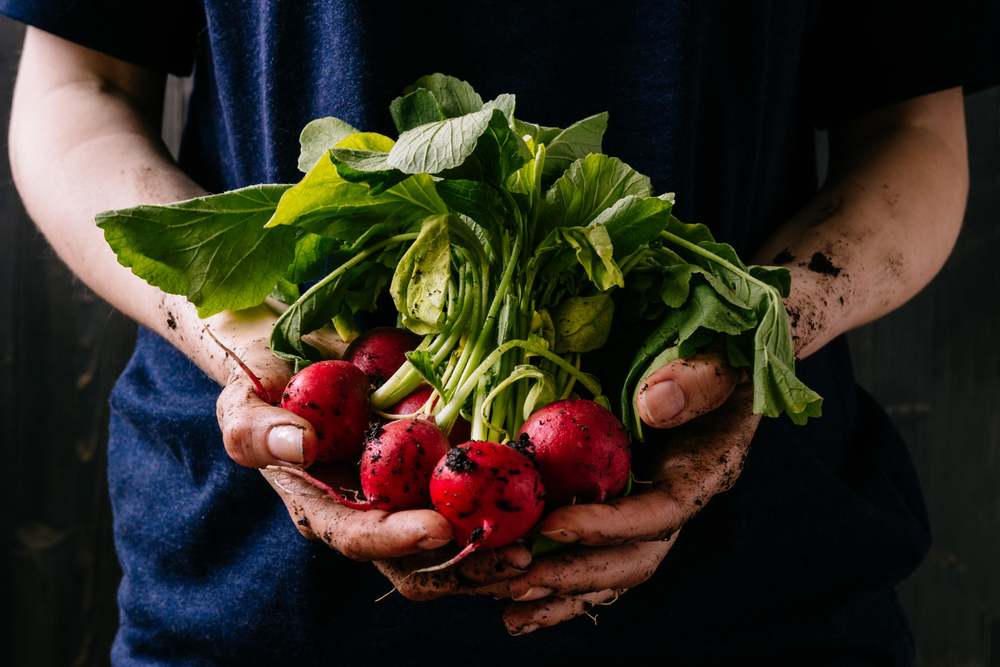Along with fashion and hobbies, the way that we consume food is ever changing. Together with Compost Direct, retailers of garden bark chips, we take a look at the latest food trends that have hit the UK.
The rise of all things organic
The sale of organic produce has been rising in recent years. Now worth a huge £2.09 billion, the market witnessed 7.1% growth in 2016 alone. In fact, organic food and drink now represents a 1.5% share of the total UK market, according to the 2017 Organic Market Report. On a global scale, the UK’s organic market makes up 4% of the $81 billion worldwide organic sales.
This increase has been explained by the rise in awareness of the good that comes with organic. Overall, 80% of consumers said they had knowledge of organic food, with 39% buying it on a weekly basis.
The rise in organic purchases has also came hand in hand with the growth in the UK’s fitness culture. Considered to be due to our increased social media presence — as images of toned, healthy bodies litter our news feeds, we’re inspired by self-improvement. Given that organic food is often fresher, containing fewer pesticides and no genetic modifications, it’s the route many people choose as part of living and eating better.
The foodservice market has reaped the greatest benefits from the rise in fitness culture. Sales of organic food within the UK’s foodservice market rose by 19.1% in 2016 to be worth a staggering £76.6 million.
Restaurants, pubs and cafes have had to change their operations in order to keep up with the new trends. In order to continue to capture sales from increasingly health-conscious customers, outlets must change their menus accordingly, driving the growth of organic food. Many well-known restaurants have made the switch to organic, including Jamie’s Italian, McDonalds and Nando’s.
Following the supply chain further back, wholesalers must then adapt their businesses too. Between 2015 and 2016, there were almost 25% more licensed organic wholesalers, responding to the growing demand for wholesome food.
The trend has affected the public sector too. With schools, universities, hospitals and workplaces serving more organic food under the Food For Life Catering Mark, it’s clear that organic is on the rise — and it doesn’t show any signs of slowing down.
The desire to grow your own
Following the disastrous recession, a rise has been spotted in the amount of people growing their own produce. In 2012, for example, the BBC reported that almost a third of British adults grow their own food. A further 51% said in a survey that they would take to the vegetable patch if food prices were to rise further.
When YouGov surveyed consumers surrounding their gardening, 77% of people said that being able to eat the food that they’d grown was the main benefit of gardening. What’s more, 44% grow enough fruit and vegetable to share with their friends and family, while over 25% said that growing their own food was now their hobby.
Home delivered recipe boxes
Amongst our jam-packed schedules, consumers are always on the lookout for some tips to save us time. Our busy lives and dependence on technology has given rise to the recipe box. Pioneered by the likes of Hello Fresh and Gousto, these boxes contain all of the ingredients you need to cook tasty meals, along with instructions on how to do it.
In 2015, the recipe box industry has achieved some £702 million in worldwide sales. By 2025, predictions estimate that this will grow to £3.8 billion as the market goes from strength-to-strength and more companies emerge.
One of the reasons behind their success could be their ability to lower household wastage. It was reported that UK households threw away £13 billion of edible food in 2017! According to analytics by Cardlytics, spending on recipe boxes grew by 64.6% in the first half of 2016, with the volume of orders increasing by 47.6%.
The supermarkets are feeling threatened by the recipe boxes. Tesco and Waitrose have both launched a recipe kit range within their stores. With Waitrose vowing to make them a permanent part of their range, Tesco is still in the trial stages.
From organic produce to recipe boxes, it is evident that the UK’s attitude to food is changing as we strive to become a healthier nation.

